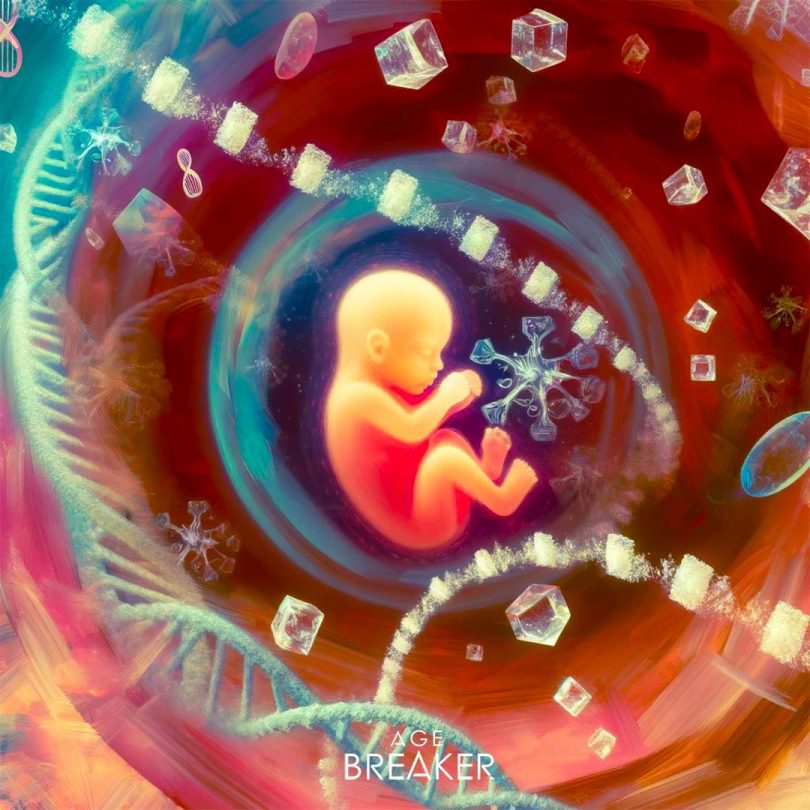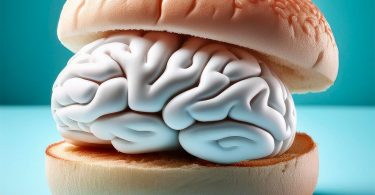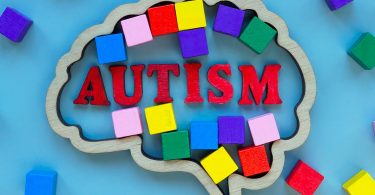Autism is thought to begin in prenatal life, and to be promoted by high maternal glycation.
Neither a pathology nor a disability, autism, which is characterized by difficulties in social interaction, often manifests itself from birth or early childhood. Autism affects around 1% of newborns, and its incidence is on the rise in Western countries. Once considered a kind of infantile schizophrenia, autism is now referred to as an Autistic Spectrum Disorder.
Its etiology involves both genetic and environmental factors. Recent studies show that autism begins prenatally, during the first trimester of pregnancy (1).
To date, there is no cure for autism.
Autism is diagnosed by behavioral assessments. Several studies show a significant correlation between glycation and oxidation levels of blood biomarkers with the behavioral diagnosis of autism (2).
The glycation level is the consequence of accumulated sugar absorption. It is by definition very low in children. At the same time, increased glycation in pregnant women leads to accelerated glycation in newborns.
Hypothesis: in a particular genetic context, maternal glycation following sugar overconsumption would expose the offspring to elevated inflammation, thus contributing to the development of autism.
To be continued.
© AGE Breaker 02 2024
[Glycation is one of the major causes of aging. Resulting from the fixation of sugars on the proteins constituting the organism, glycation generates toxic compounds that cause cellular aging. Glycation is particularly involved in metabolic disorders, skin aging and cognitive decline.] [AGE BREAKER, patented nutritional supplements, based on rosmarinic acid, recognized by aging specialists around the world for their properties to reverse the effects of glycation.]More on www.agebreaker.com
#agebreaker #glycation #antiaging #longevitymedicine #preventivemedicine #preventivehealth #skinaging #4pmedicine #advancedglycationendproducts
1: E. Courchesne et Al. Prenatal Origins of ASD: The When, What and How of ASD Development. Trends in Neurosciences, April 2020. doi.org/10.1016/j.tins.2020.03.005
2: A. Nasser Al-Saei et Al. Validation of plasma protein glycation and oxidation biomarkers for the diagnosis of autism. Mol Psychiatry (2023). https://doi.org/10.1038/s41380-023-02357-9









